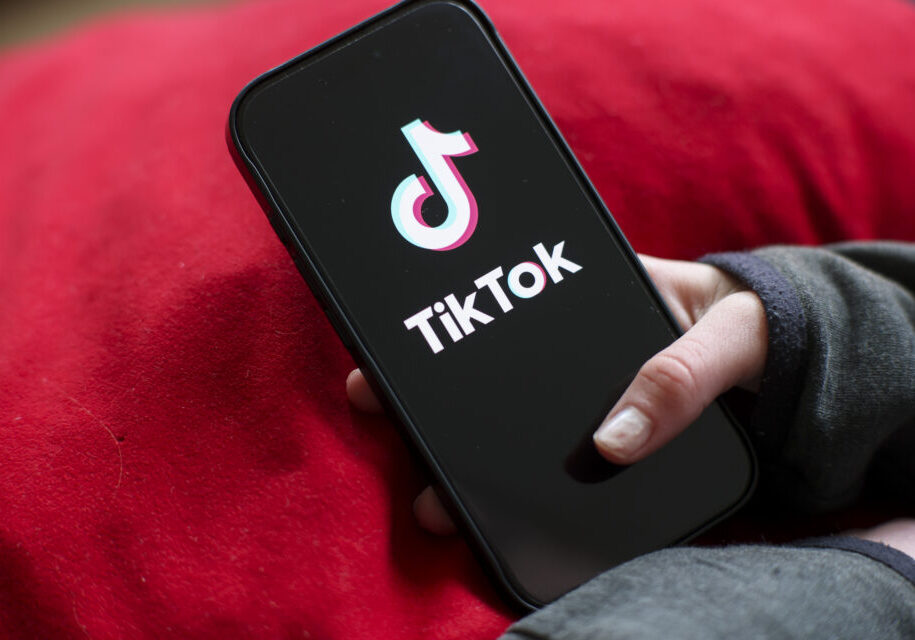
The Cockroach of Marketing: Why SMS Marketing Just Won’t Die
SMS marketing has been around since the dawn of mobile phones; old, predictable, and often overlooked in the age of hyper-personalized digital ads.
Yet here it is — still kicking, still delivering, and still impossible to write off. But the big question looming over the marketing world is this: Is it too early or too late to start worrying about the risks of SMS marketing?
As brands race toward smarter, faster, and more interactive ways to engage, SMS remains a stubbornly relevant option. It reaches corners where the internet can’t, talks to users who don’t check their emails. It delivers when push notifications fail.
Still, doubts keep surfacing — is SMS marketing now more of a relic than a reliable tool? Or is it simply evolving under the radar?
Banks still swear by SMS marketing
If there’s one sector that has kept SMS marketing alive, it’s the banking industry. While lifestyle brands chase viral TikToks and immersive ad campaigns, banks have quietly relied on the humble text message to maintain customers’ trust.
1. Instant reach and accessibility
For banks, immediacy is everything. A delayed alert about a suspicious transaction or failed payment is a security risk. SMS works without the internet, apps, or fancy phones. Whether you’re in a city high-rise or a rural outpost, the message lands. That universal reach gives banks a dependable line of communication that no app notification can fully replace.
2. Trust and regulatory necessity
Banks aren’t sending texts for fun; in many cases, they’re required to. Regulatory frameworks in several countries require the issuance of timely alerts for transactions, logins, or account changes. SMS offers a verifiable, auditable trail, proof that the message was sent. And despite the growing clutter, a text from your bank still carries a certain legitimacy. It feels official, not optional.
3. High engagement and low friction
SMS boasts some of the highest open rates in the communication industry. Studies have consistently shown that most texts are read within minutes. For banks, that’s gold. Unlike emails that get buried or app notifications lost in the swarm, SMS demands attention and gets it.
However, even this fortress of trust isn’t unbreakable. Cracks are showing, and one major financial giant was among the first to admit it.
The Amex exit: a sign of the times
In 2023, American Express made a quiet yet telling move. It discontinued SMS alerts for many customers. Starting in September of that year, users were prompted to opt in to push notifications via the Amex app or email alerts. On paper, it was about streamlining communication and “enhancing security.” But in reality, it raised a few eyebrows across the industry.
Subscribe to our bi-weekly newsletter
Get the latest trends, insights, and strategies delivered straight to your inbox.
Why the shift?
For one, cost. Sending SMS messages on a scale, especially globally, is not cheap. Every single text adds up, and with millions of customers, the bill runs high. In a cost-cutting climate, even big brands are trimming operational fat.
Second, data control and brand safety. SMS lacks encryption, meaning it’s vulnerable to spoofing and phishing. Scammers have used fake “Amex alerts” to steal user data, posing a reputational hazard that no brand wants to manage. By moving communication to its own app, Amex gains tighter control over security and customer data.
Lastly, changing behavior.
Today’s consumers live on apps. They prefer instant, contextual notifications rather than dry texts. Amex recognized that shift and adapted early, not because SMS stopped working, but because the brand wanted to future-proof itself before SMS became a liability.
The trouble with SMS: outdated, overused, and overexposed
SMS marketing has an image problem. Once the poster child for direct engagement, it now sits somewhere between “necessary evil” and “outdated relic.”
Privacy concerns top the list. SMS is unencrypted; anyone with sufficient technical expertise can intercept or spoof messages. For industries that handle sensitive data, that’s a nightmare. No marketer wants to be the reason someone got phished.
Then comes the cross-generational disconnect. Gen Z, raised on memes and Instagram Reels, doesn’t respond to plain-text messages. Baby Boomers may still trust SMS, but younger audiences view it as spam. The emotional connection that once existed, “a brand texted me directly,” has vanished.
And speaking of spam, that’s the final nail. Scammers and shady marketers have hijacked SMS to the point where users instantly doubt any unsolicited text. The more messages people get, the less they trust them. Even legitimate campaigns are at risk of being perceived as scams, eroding the very trust SMS once built.
Add to that the cost burden for brands, and you’ve got a channel that’s increasingly hard to justify.
Yet, here’s the twist. Despite everything, SMS marketing remains resilient. It might be ancient, but it’s still absurdly effective in certain ways.
Why SMS marketing still stands tall
Unbeatable Reach. No internet? No problem. SMS is the only medium that doesn’t rely on bandwidth or Wi-Fi. It works on feature phones, in remote regions, and for users who still prefer text-based communication. In a hyper-connected but infrastructure-fragile world, that’s a superpower.
High Visibility and Immediate Impact. Unlike push notifications that vanish or emails that languish unread, SMS messages are opened quickly. For urgent communication, time-sensitive offers, or OTPs, it’s unrivaled. The message doesn’t just arrive; it’s seen.
Failproof in Functionality. SMS has zero dependency on algorithms or app permissions. It doesn’t get buried, throttled, or filtered by spam folders (well, not yet, to the extent that email does). It’s pure, direct delivery, and that reliability keeps it alive.
Brands that understand these advantages use SMS as a secondary but strategic player, not the star, but the scene-stealer when everything else fails. It works best as part of a hybrid marketing strategy, utilizing push notifications for daily interactions, emails for in-depth communication, and SMS for urgent messages.
Cut to the chase
SMS marketing occupies a peculiar position—too old to be exciting, yet too effective to ignore. So, is SMS marketing on its last legs? Maybe. SMS will quietly continue to do its job, old-school and low-glamour, but undeniably effective.


